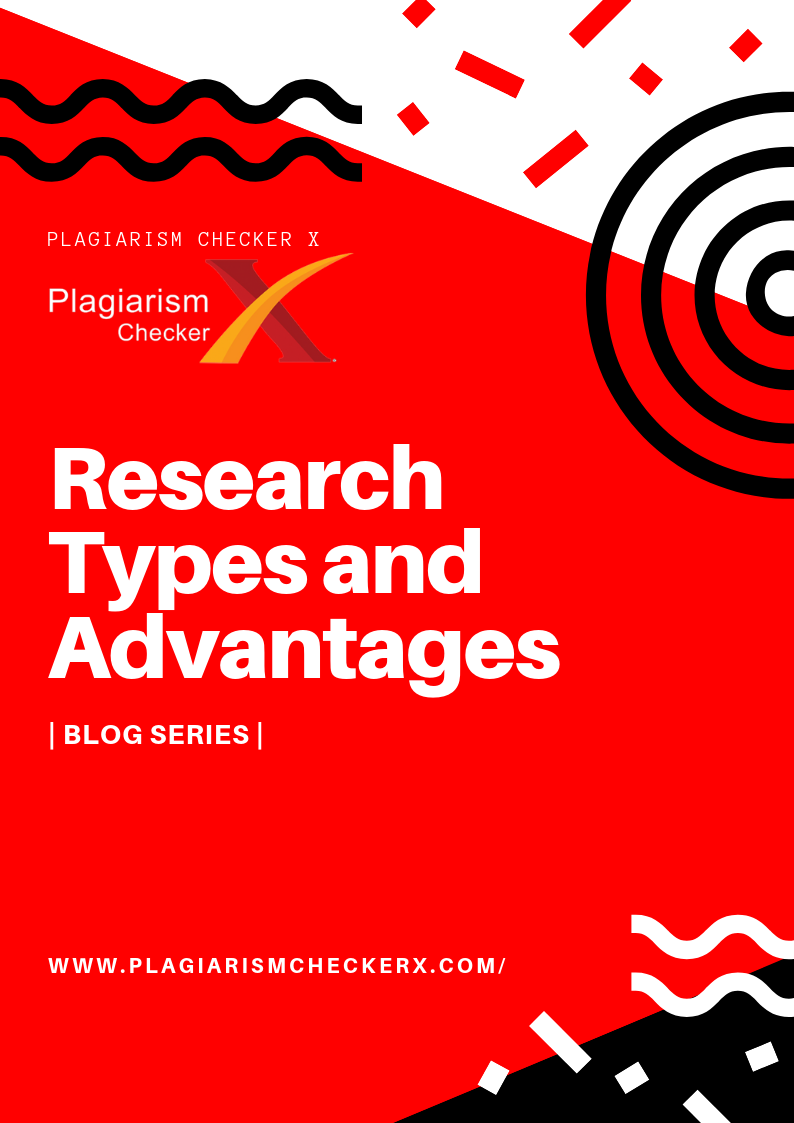
A hypothesis forms the backbone of any academic research research or of any research process but to dive into that we must first really learn about what research is itself.
The definition of research says that an important part of it is the ability to search and research is a crucial tool for developing effective knowledge for the learning process. It makes people well aware about various issues and research in order to show a depth of knowledge. Conducting research bridges up the research gap a in a particular field of study. If you think about it, research means to search again while adding more valuable validity to the investigation of the topic and then presenting the findings. Also, research is not limited to the students; it is the requirements of all professionals and environments.
Even if you are looking to start a business, research about target audience and market sentiment is absolutely crucial such as through marketing research. Well conducted research is essential to the success of all initiatives, an example of which would be global health endeavors. This can act as a test to prove various studies and experiments that are currently being carried out. The beginning and end of research is based on a hypothesis, that is where the research journey begins.

A hypothesis is the core to the whole research procedure, therefore it has significant importance. Hypothesis is a basic function to predict future outcomes; it can be positive as well as negative. In research papers, a hypothesis is developed in the beginning, an initial statement and claim which after conducting the whole research is compared with the findings and results to check its validity to see if the hypothesis was correct or not.
These words of Milan Kundera shed some light on what a hypothesis is and how we can look at it:
“It does take great maturity to understand that the opinion we are arguing for is merely the hypothesis we favor, necessarily imperfect, probably transitory, which only very limited minds can declare to be a certainty or a truth.”
― Milan Kundera, ‘Encounter’
Now you know that research is investigating or discovering new facts and information for the advancement of knowledge. The research process is also filled with many research approaches and knowing them helps the cause of actually using them in your academic research and academic writing.

Research begins with a right question; about a problem, issue or a concern. It then narrows the general questions into specific aspects, selects a research design and research method, collects and analyzes data finally to present the findings. After concluding, it then presents the findings and central argument to the world.
There are two major types of research approaches that are most useful: Basic and Applied.
There are several key components of conducting research like, the person needs to have a clear idea about the topic he’s going to explore, knowledge about the background of that particular market, sufficient background knowledge and quotes along with complete references. However, when a person doesn’t have his own ideas, takes part in unfair use of other people’s material, and also fails to quote appropriate references, it is definitely plagiarism and an academically dishonest act which needs to be avoided no matter what.
Whether knowingly or not, plagiarism is an act of presenting someone’s work as one’s own. It is a disciplinary offense and unethical act. The person may do it intentionally or unintentionally but the unintentional nature of accidental plagiarism does not make it okay.
Plagiarism tends to happen way too commonly in fields of research but there are mechanisms and practices in place to avoid it to the best of ability. While conducting research, plagiarism can be avoided by citing and quoting other’s material, citing one’s own material as well, and by adding a reference page at the end of the research paper.
Outside of that, another great and sure shot way to avoid plagiarism is to check for plagiarism in your academic writing with a plagiarism detector that is accurate, thorough and safe. With Plagiarism Checker X, anyone can check plagiarism online in their text and even do text compare of internal submissions with highly accurate Deep Search technology and fast as well as detailed plagiarism scores with Plagiarism Checker X’s Rapid Action algorithm.

It is established that research is the systematic investigative process employed to increase or revise current knowledge by discovering new facts. Know that there are many aspects to it. After research approaches, we get the different research types that like the approaches help the student writer to become more able to properly and perfectly conduct and articulate their research in academic writing.
Let’s start with the methodology and where it begins. The research methodology may include the publication of research interviews, surveys and other research techniques. The all encompassing phenomenon over the research process is the scientific process itself:
Now to the types of research. Overall, there are three main types of research, which may then have further subdivisions:
There are many more too but these are the most prominent that you will come across. As said before, there are many advantages to research and of their different types and the ones listed will get you even more inclined towards research. Some of the advantages of research are as follows .
March 15, 2019 By Floora Janet
February 11, 2019 By Floora Janet
November 23, 2018 By Floora Janet